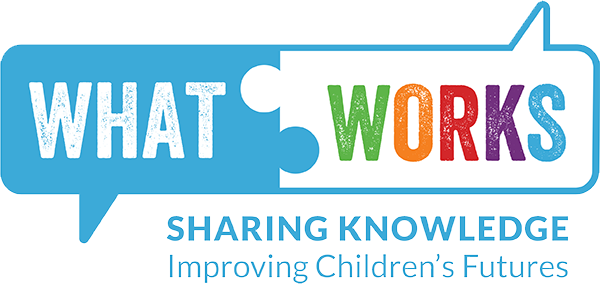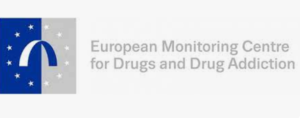The European Drugs Agency held an online webinar on May 8 titled ‘Teens and substance use: what can parents do?’
The objective of which was to help adults to manage the risks for and of substance use in adolescence according to evidence-based prevention principles.
The speakers were:
- Ina Koning, prevention researcher, University of Amsterdam, Netherlands.
- Terese Glatz, parenting researcher, Örebro University, Sweden
- Gregor Burkhart, senior prevention analyst, EMCDDA
Topics and key findings were;
- Parents compared with peers
Parents remain important throughout adolescence with regard substance use and are more influential than schools (Fagan, 2012). Parents need to keep confidence and believe in themselves. Research shows that an increase in worry can lead to an increase in ineffective parenting behaviours. You can become more tolerant and communication is less qualitative around alcohol use.
- What can we do and say? Parental rules and communication
Parents have as much influence as the peer group, be aware and confident in your role as a parent and be positive. It is important to look at effective parenting research and try different methods. Different things will work for different child/parent relationships and communication styles.
Setting rules in combination with good communication with young person is important. Communication research shows it is good to ask questions and be open to what your child is sharing with you. Set rules or make agreements about drinking and drugs remembering that as your influence changes over times, so too does your communication style. It can be harder to set rules if you are the only parent in the peer group that has these rules. It is helpful to find agreement with other parents about these set rules.
At times, there are neurobiological limits to this – parents can have an influence but a young person may be more sensation seeking.
From a prevention perspective – interventions need to take place with young people and parents e.g. promoting self-control.
- Parents own use of substance use
Do not drink or take substances around the young person. The children of those who drink frequently often begin to drink earlier and larger volumes of alcohol.
Upcoming EMCDDA events can be found here.

